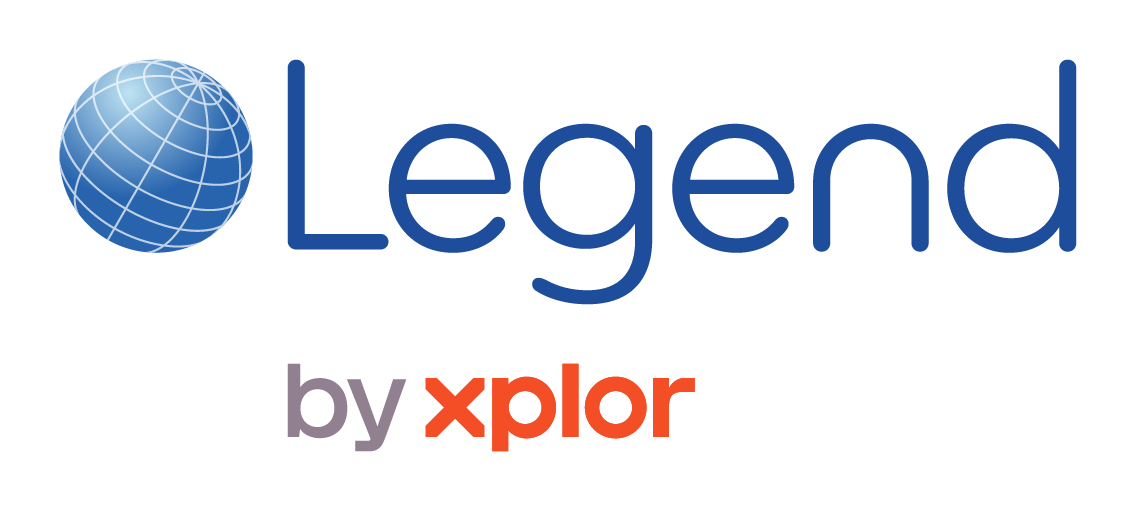Following on from the BUCS Events Team presenting at Conference in July about their efforts to improve and increase sustainability at BUCS events, it was a busy term one implementing the following at our events:
- Combined squash and table tennis into one weekend, which was a great opportunity to minimise travel emissions for both BUCS and institutions and utilise some economies of scale in terms of energy usage with two events taking place at the same time. We were also able to collaborate with our venue partner, the University of Nottingham, to introduce a PSA Foundation donation box for old and unwanted kit that was housed in a prominent part of the venue, advocating for students to be more sustainable
- The BUCS Squash Championships removed paper scoring sheets, utilising iPads and the Sporty HQ system to score all matches digitally, which saved over 500 sheets of paper across the weekend
- The BUCS Table Tennis Championships introduced two TV screens inside the venue to display the draw and results throughout the tournament, which removed the need for a paper results wall and saved over 50 sheets of paper versus previous events
- Throughout the BUCS Table Tennis Championships, a new lighting scheme was developed in partnership with the University of Nottingham, reducing the lux during setup, derig, and the event itself. This delivered a 27.5% reduction in energy usage versus the previous year, saving 175kg of CO2
- All BUCS events ran in term one switched to a digital format for all of our risk related documents, which previously have been printed. This has saved an estimated 250 sheets from being printed
Looking to the future, this term we have implemented sustainability criteria into our event bidding documents. This will mean environmental considerations are always factored into our decision making around venue partners and hosts from the start of the planning process. Bidders will now be asked the following:
- Details on how their organisation/venue are working to reduce carbon emissions
- Details on how their organisation/venue are working to reduce single use product waste, and increase their life cycle
- Details on how they are looking to reduce their impact on the blue-green environment
- And finally, details on how they are adapting to extreme weather conditions to become more resilient
We have also added sustainability templates to our event guide documents, which will help our event leads provide useful information to students on things like public transport routes to and from events, waste disposal options, and so on.
Finally, we have implemented a basic carbon footprint tracker for BUCS office delivered events, which accounts for roughly one third of our programme. This is to help us measure our impact over the 2024-25 season and help us create aims to reduce consumption and waste for 2025-26 onwards. We are measuring impact such as mileage, single use plastics, and paper usage.














